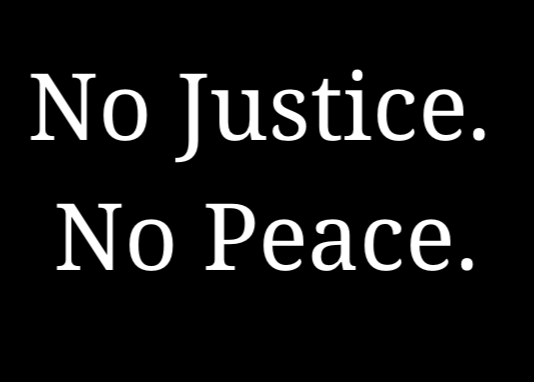
This story is part of a column series focusing on race. The Opinions desk is taking a moment to pause, reflect and share different perspectives on this issue.
Dear Marquette,
I’m from a small, mostly white, town where issues of race don’t seem to manifest themselves in the horrific ways which are so prevalent amid recent headlines and social media feeds. Tragedies like the recent deaths of George Floyd and Breonna Taylor aren’t something I think you’d ever see where I am from. I’ve never experienced, or even witnessed for that matter, police brutality, workplace discrimination or harassment due to my skin color, and for the majority of my life racism felt foreign to me.
But then again I’m white.
And because I’m white, I had the privilege of growing up without the burden of inequality on my mind. It wasn’t as if my community was altogether void of prejudice — prejudice just didn’t affect me. I like many people in that small town ignored racism because I could ignore racism.
I’m now approaching my second year at Marquette University and I can’t say much is different than the place where I grew up. In many regards, Marquette is exactly what you would want from a college experience — great instructors, a beautiful campus, plenty of things do and see — but behind the manicured buildings, and motivational slogans and the perpetual pageantry of school spirit, there is something deeply wrong with Marquette.
The student body is predominately white — around 70% — in a city where people of color are the majority, according to the Office of Institutional Research and Analysis.
While young, mostly white, students are building a themselves a brighter future on campus, in blocks adjacent, there are people whose futures have been forever changed by Milwaukee’s ugly past: redlining, police brutality and the subsequent disparities in housing, healthcare and education. This goes largely unknown and unacknowledged on campus.
It’s as if Marquette operates within its own distorted reality between Kilborn Avenue and Clybourne Street — the infamous “Marquette bubble” as it’s known by students.
In retrospect, I think I ended up at Marquette because it reminded me of home — because some part of me wanted to live in bubble rather than venture out and see the world and acknowledge all its problems for what they really are.
A certain passive mentality exists in places like Marquette and my hometown; a culture of apathy toward a problem so long as you can’t see it in your own neighborhood. It essentially means doing nothing, taking no action to solve or understand the issue, and upholding this mentality is and always will be the easiest way to respond to injustices like racism.
In our collective apathy, however, we all send a powerful and unfortunate message to individuals like former police officer Derek Chauvin, those who perpetuate racial prejudice because we give them the ability to.
By the time Chauvin crossed paths with George Floyd, a 46-year-old Black man, 18 complaints had already been filed against him — there were 18 opportunities to prevent what Chauvin would inevitably do.
But all of them went unnoticed or ignored, which gave Chauvin the opportunity to detain Floyd over a counterfeit twenty-dollar bill and kneel on Floyd’s neck for eight minutes and 46 seconds, ultimately killing him May 25.
The past few weeks, I’ve thought a lot and often about the death of George Floyd as I’m sure many people have. It makes me feel disappointed — in my country, in my community and in myself — because Floyd died not because of one rogue, racist cop but because we all accepted a culture of willing ignorance toward systemic discrimination.
Chauvin killed Floyd because we allowed him to.
The Black Lives Matter movement, and more broadly the movement for racial equality, cannot fall only to those afflicted by inequities. Now more than ever, action must be taken by each and every able person.
On Marquette’s campus, discourse on race cannot exclusively apply to minority students or Black students who make up 4% of the student body. Questions of discrimination cannot be posed only after an insensitive social media post or the wrongful targeting of a person of color by law enforcement.
The conversation must be continuous and consistent. It must include the administration, staff and students —especially white students, like me, who for so long have been silent when speaking up could have saved lives.
You and I have a choice.
We can ignore the problem, avoid the problem and pretend it doesn’t exist. Or we can start talking and taking action.
Sincerely,
A white, second-year student of Marquette University no longer living in a bubble


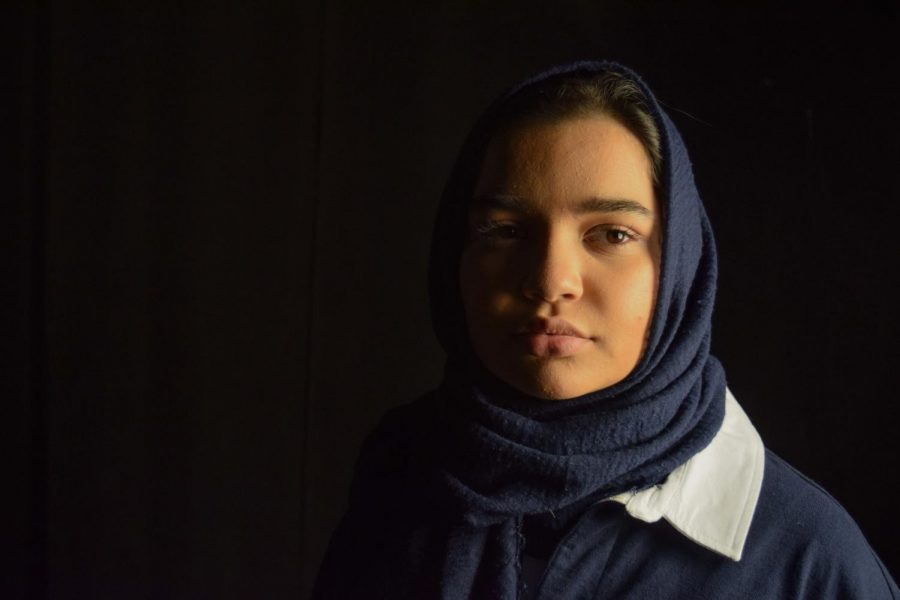
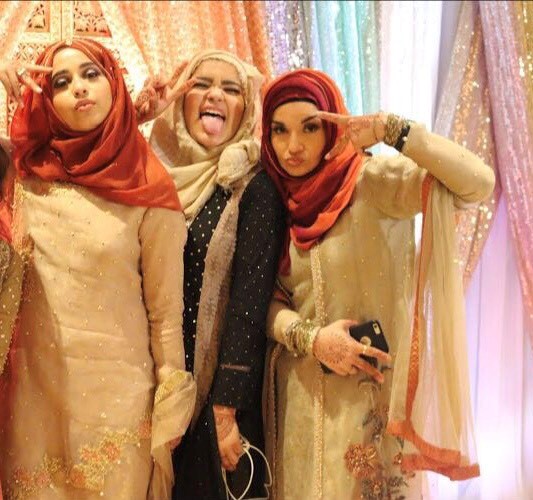
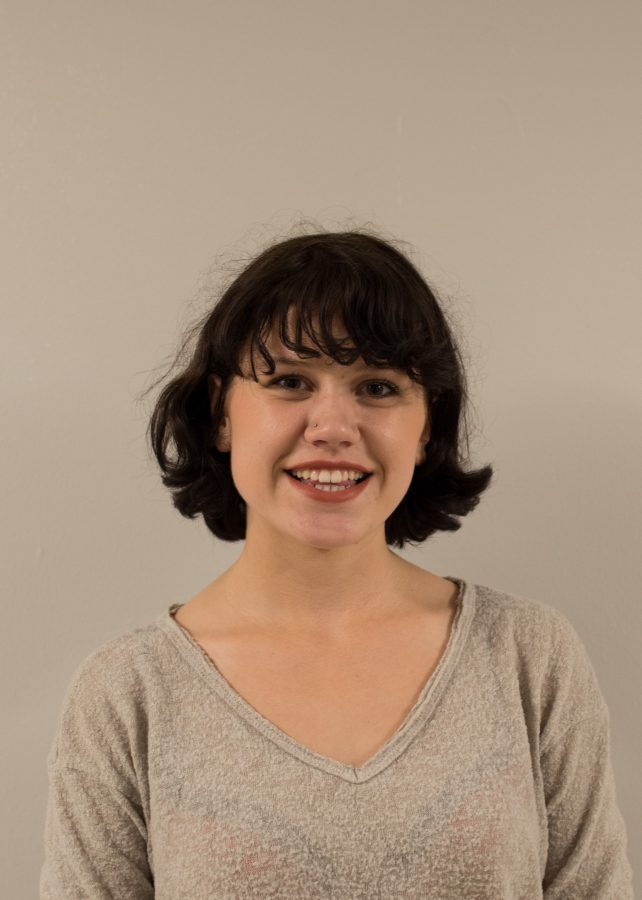
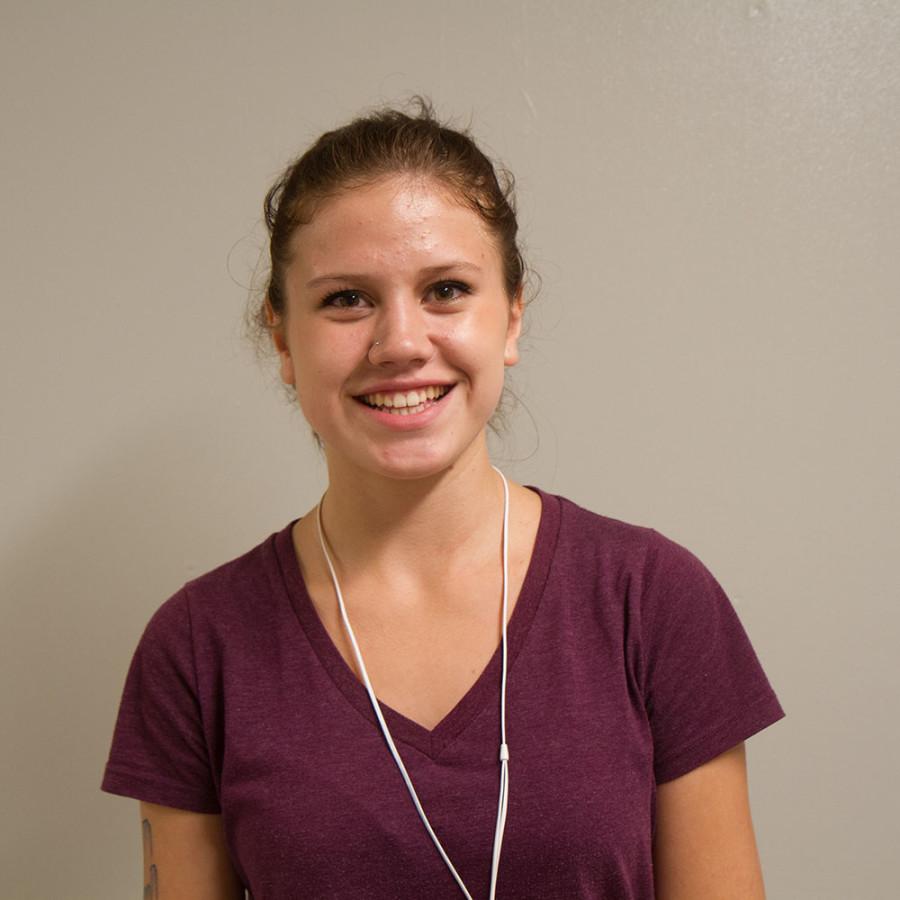


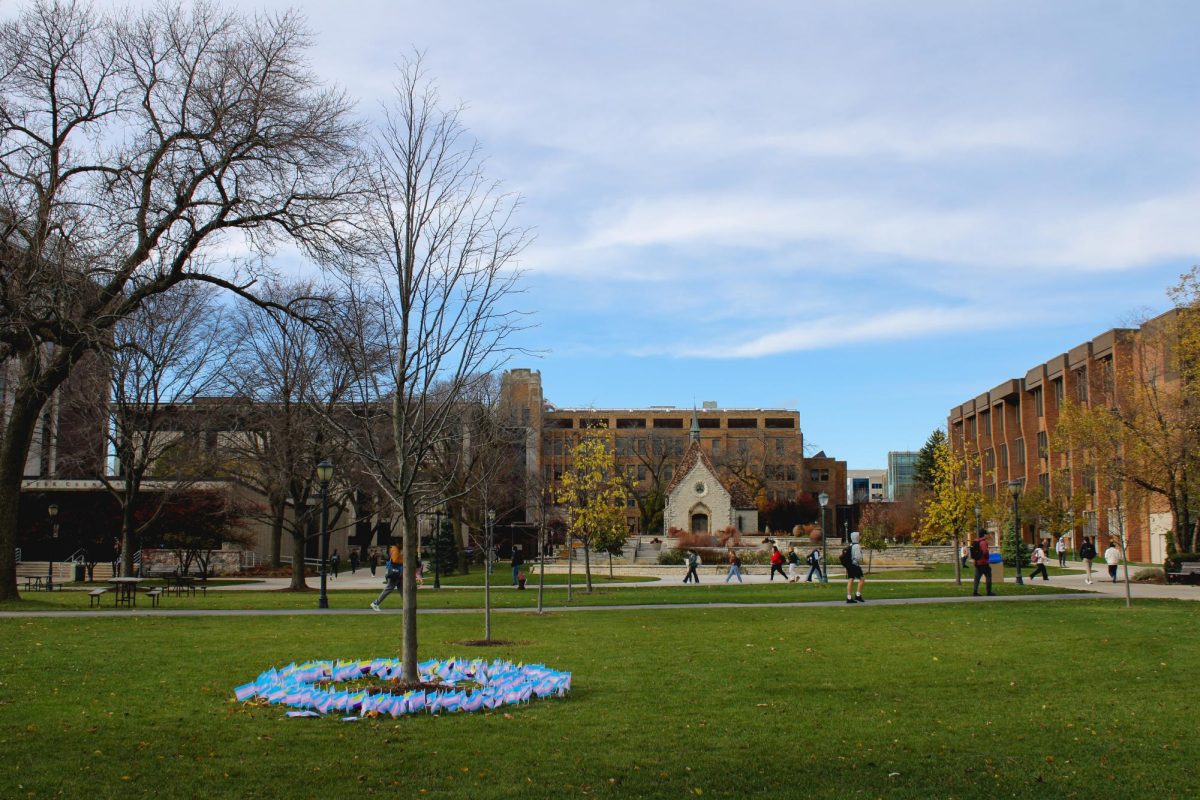
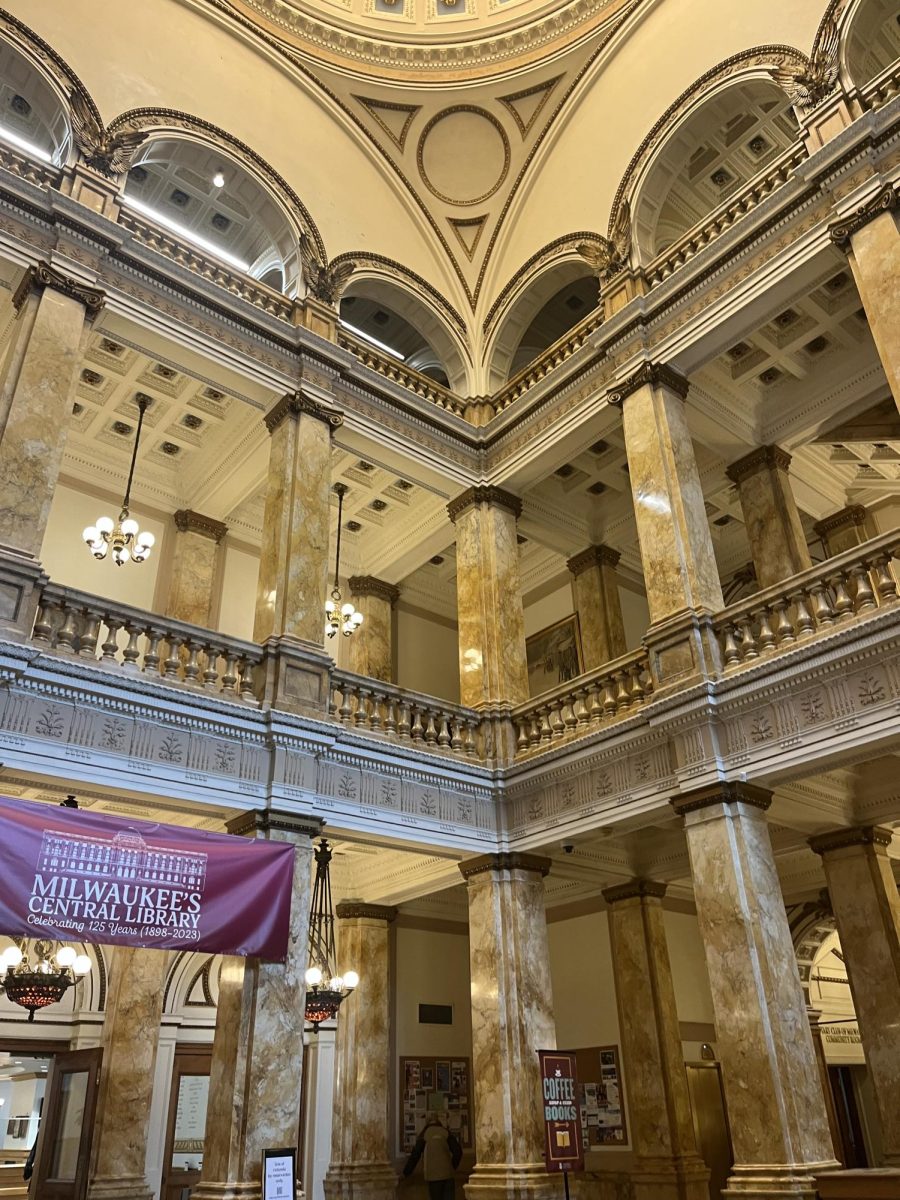
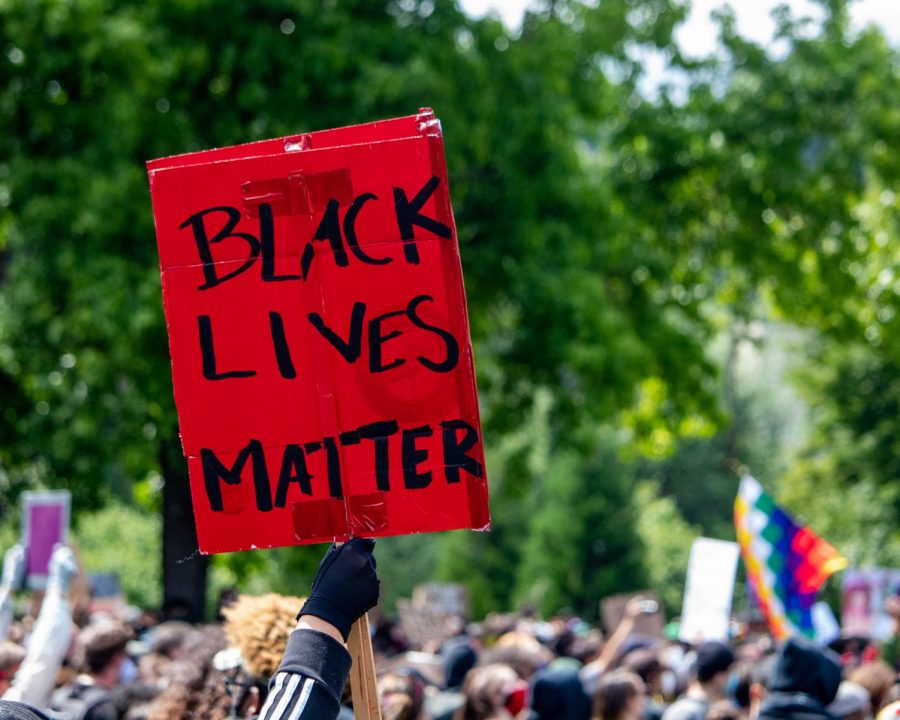
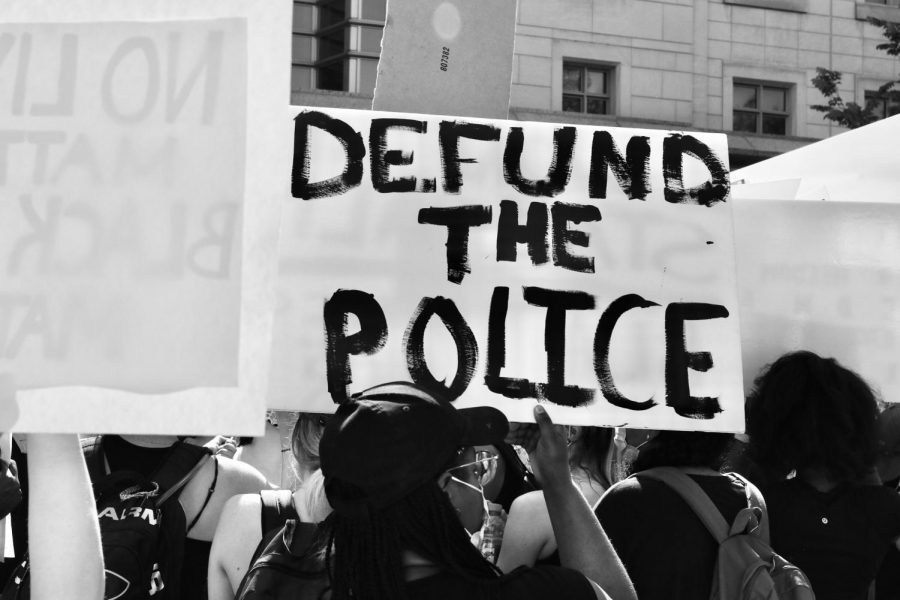
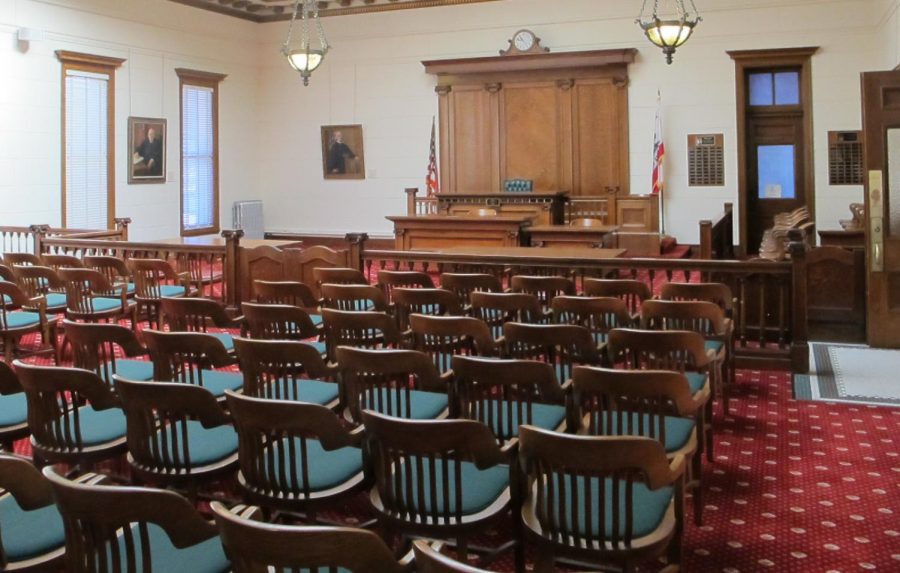
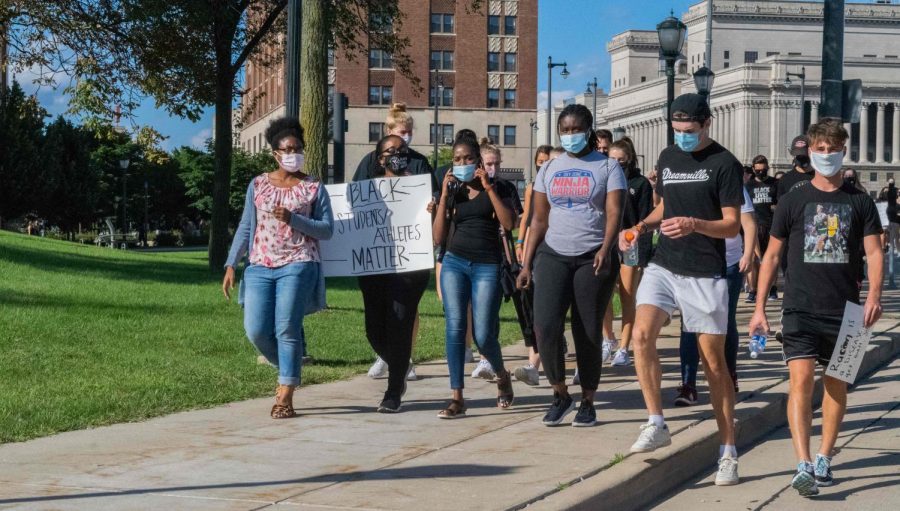
Sam • Jun 16, 2020 at 8:05 pm
While I get the intent behind taking most of this article to acknowledge your own privilege, and inability to acknowledge the implications of the systemic racism around you, I feel like your piece may unfortunately accomplish nothing, except for maybe creating an unnecessary and distracting discourse that is yet again centered around white people, in a time that it is less needed than ever. I understand that you’re having a moment, but if you haven’t noticed, people of color have been having a moment in this country since it’s inception. So forgive me, as a person of color, for not being receptive to an article that is so far from the mark it’s trying to hit. When you say “we” allowed this to happen, you’re inadvertently disregarding the presence of people of color on campus, and continue to use your privilege to keep them out of conversations regarding their own wellbeing. I’m not saying you, as a white person, cannot be an ally, that’s the furthest from the truth. But I think that it’s worth considering that this problem does not revolve around you, as a white person.